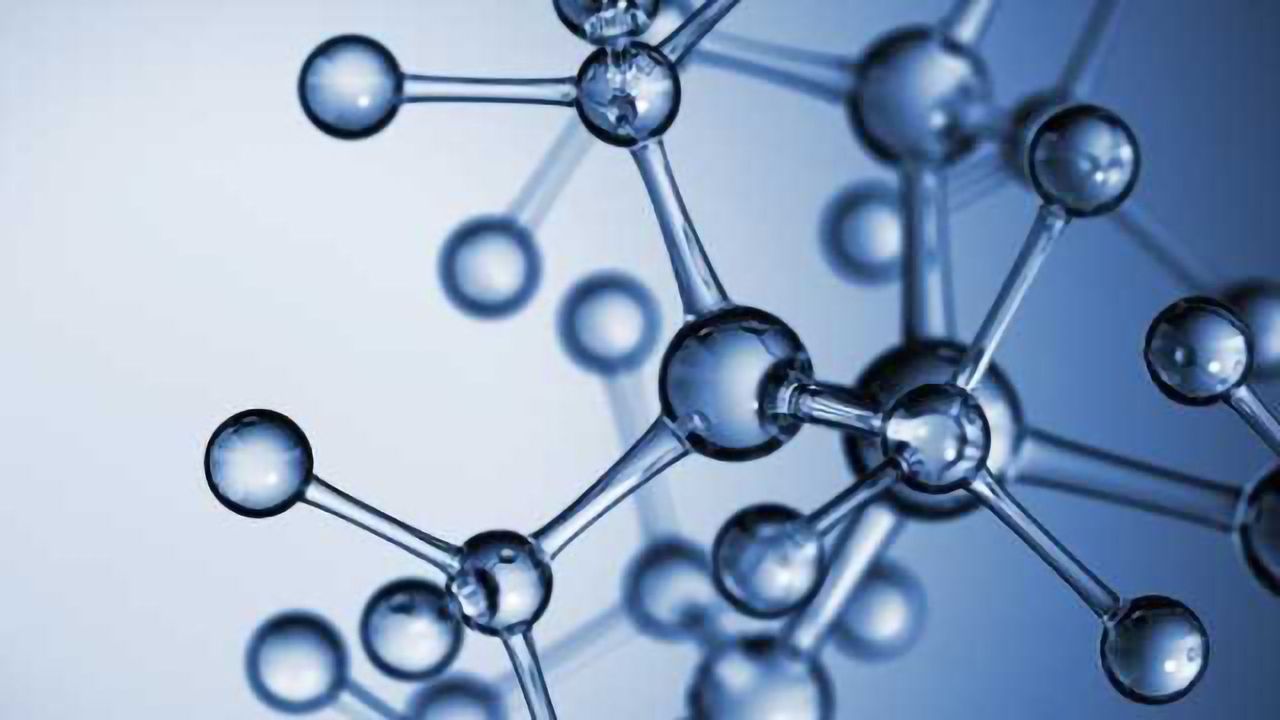In a breakthrough study led by Professor Tero Järvinen at Tampere University in Finland, a wound-homing peptide has been identified as a potential solution to accelerate tissue repair and reduce scar formation. The research aims to develop new ways to heal tissue injuries more efficiently.
In a previous investigation, Järvinen discovered a homing peptide, known as the CAR peptide, which specifically targets tissue damage through the bloodstream. This peptide was screened out of a pool of over a billion peptides using in vivo phage display technology. Initially, the CAR peptide was used to deliver a scar-reducing drug to wounded areas. However, the recent study revealed that the CAR peptide itself possesses therapeutic properties, activating a crucial natural healing pathway and accelerating wound healing without the need for additional drugs.
The research team published their findings in Nature Communications, confirming that the CAR peptide activates the tissue regeneration mechanism essential for wound healing by entering the wound through the bloodstream. Once inside the wound, the peptide binds to syndecan-4, a cell membrane receptor. This binding triggers the activation of the intracellular cytohesin-2 factor and subsequently the Arf6 GTPase, which promotes cell migration, allowing regenerating cells to travel across the injured area.
In mice experiments, the administration of the CAR peptide resulted in significantly faster wound healing compared to the control group without therapy. Additionally, the scars that formed were smaller in size. The syndecan-4-dependent cell migration mechanism, which plays a vital role in healing various types of tissue injuries, including skeletal muscle ruptures and bone fractures, suggests that the CAR peptide may have clinically relevant applications in traumatology, surgery, and sports medicine.
According to Järvinen, the CAR peptide therapy has the advantage of actively seeking tissue damage through the bloodstream, allowing it to target injuries in any part of the body. This opens up new possibilities for the treatment of traumas and injuries in multiple medical fields.
The potential of the CAR peptide extends beyond skin wounds, demonstrating its efficacy in healing muscle ruptures and bone fractures. Its activation of the syndecan-4-dependent tissue regeneration mechanism provides promising prospects for the treatment of various injuries in traumatology, surgery, and sports medicine.
The findings from this study have significant implications for the field of tissue repair. By harnessing the therapeutic properties of the CAR peptide, researchers may be able to develop novel strategies to enhance wound healing and minimize scar formation in individuals suffering from tissue injuries. Further research and clinical trials are necessary to fully explore the potential of this exciting discovery.
*Note:
1. Source: Coherent Market Insights, Public sources, Desk research
2. We have leveraged AI tools to mine information and compile it

